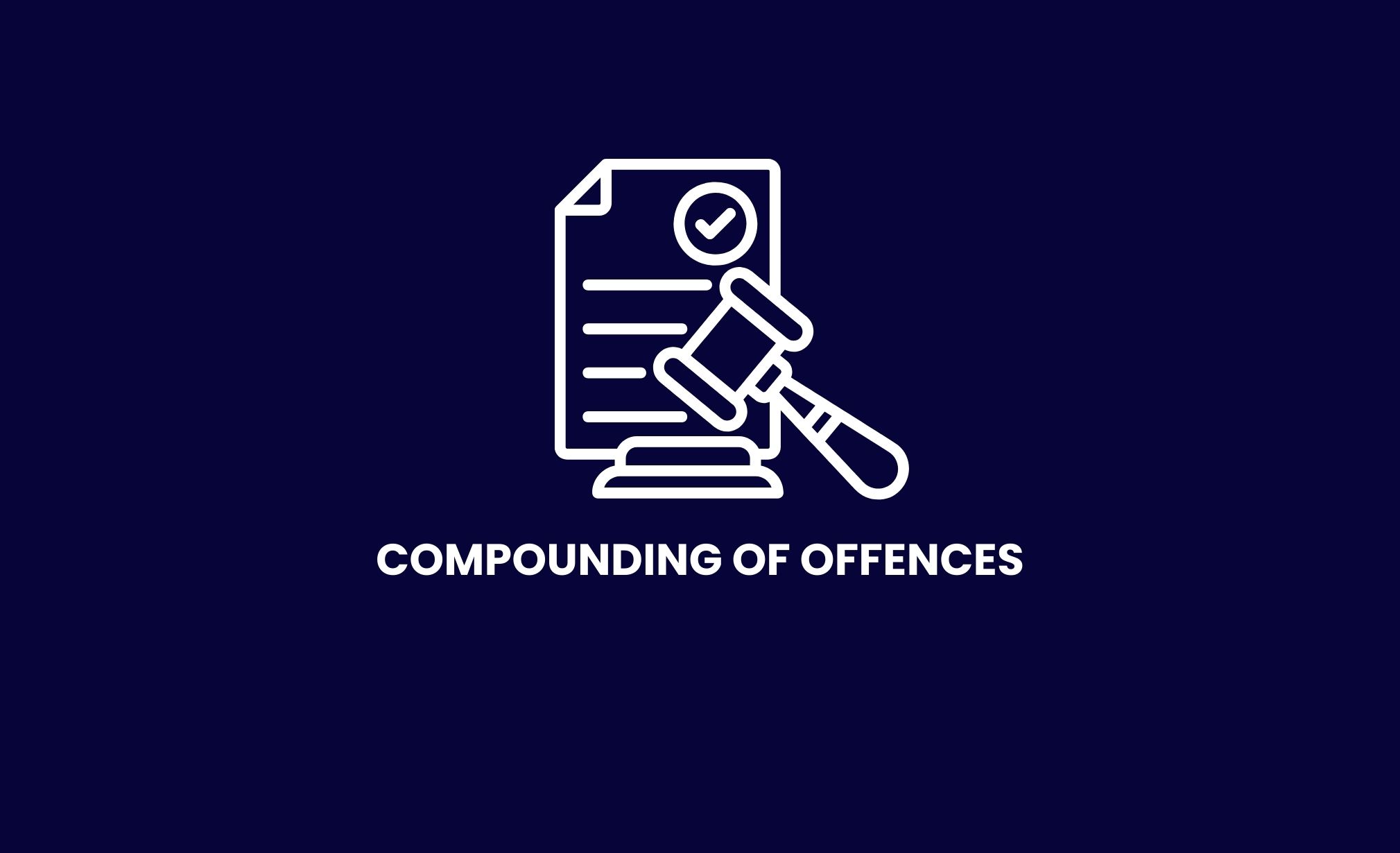The Jan Vishwas (Amendment of Provisions) Act, 2023, aims to rationalize and decriminalize specific offenses in order to streamline regulatory process. Under the compounding regime of Section 32B of the Drugs & Cosmetics Act, the addition of Sections 27(d) and 27A(ii) creates chances for compounding offenses pertaining to the manufacture or sale or distribution of drugs and cosmetics that do not adhere to adequate regulatory compliance. However, there are a number of substantive and interpretive issues with the amendment, particularly with regard to conflicting clauses and possible impacts.
Inclusion of Sections Under Compounding Regime:
• Section 27(d) states about penalties for manufacturing or selling drugs not of standard quality (other than adulterated/spurious drugs).
• Section 27A(ii) addresses penalties for manufacturing or selling cosmetics other than those deemed spurious or adulterated.
Even though these offenses are serious, the Central or State Governments can now compound them as long as the offender pays a penalty.
Interpretational Challenges:
- Compounding is meant to facilitate a quicker resolution of offences. However, the lack of clarity regarding whether offences with punishment of imprisonment and fine can be compounded leaves room for judicial interpretation.
- Courts may face difficulty in reconciling these provisions and determining whether compounding under Section 32B overrides the original punishment clauses such as Sections 27(d).
To address the conflicts arising from the amendment and optimize its impact, it is imperative to seek clarification through legislative or judicial interpretation. If compounding is deemed permissible for these offences, it is crucial that the rationale aligns with the amendment’s overarching objective to reduce litigation while ensuring penalties remain proportionate to the severity of the offence.
Additionally, there is a pressing need to strengthen the rule-making framework governing the compounding process. Detailed rules must be established to define the conditions and procedures for compounding, reducing the scope for discretionary misuse.








